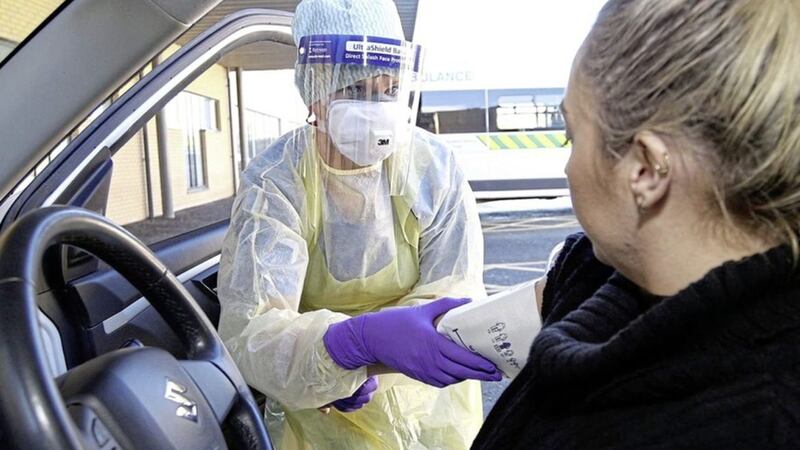WHEN the pandemic which currently has us in its suffocating grip was `just’ an increasingly menacing shadow on the horizon, people took comfort where they could.
“It’s like a bad flu,” they told each other.
`Flu’ is a word which has lost the power it once had and is now regularly invoked to describe any heavy cold with symptoms which make struggling into work an impossibility.
It has been divested of power to the point that even when vaccinations are freely offered to prevent certain strains being caught they are rejected because an earlier inoculation once coincided with a mild fever.
Unfortunately, for too many in the human race personal experience is our most effective teacher.
Details of the infamous Spanish flu of 1918 had been ruthlessly suppressed at the time in order to maintain wartime morale and now only impinges on popular imagination for those who have studied the period in history lessons.
I present my left bicep willingly every year for my flu jab after my entire family were struck down when I was just 11 or 12. We were so ill I don’t know what would have become of us had it not been for the kindness of Jehovah’s Witnesses who had called at the door to proselytise, only to be confronted by four feverish invalids too weak and aching to even drink water.
I’ve never been rude to an evangelist since, but without that experience would I have shied away from an inactivated previously virulent micro-organism injected into my body? Who knows.
Another nugget of information many people clung to was the evidence coming out of China that Covid-19 somehow seemed to be sparing young children.
The news that they appeared to have some sort of immunity was heralded as a beacon of hope among the desperately troubling accounts of death and suffering taking up increasing space in newspapers and evening bulletins.
An early study of more than 700 children known to have close contact with a confirmed case or to live in a recently affected household revealed only 10 tested positive.
None of the affected – who were all aged 14 and under - needed respiratory support or intensive care.
Another study recorded one death in more than 2,000 confirmed and suspected child cases – astounding given the estimated fatality rate of 1.4 per cent.
Where children were affected, like younger adults, they reportedly already suffered underlying health conditions.
`The elderly and those with underlying health conditions’ - that seemed for a time to become the mantra for all those who were neither. It was as if fear had unleashed a pitiless instinct for self-preservation.
Fortunately, if it was a primal reaction it also seems to have been a transient one.
Once again people seem to be seeing the elderly and those with underlying health conditions for what they are – the most vulnerable members of our society and ones that the stronger must do their utmost to protect.
Now we are in the middle of the crisis those crumbs of comfort have been revealed to those who grasped them for what they always were - an illusion of personal safety at another’s expense.
An illusion not least because almost six per cent of child patients in China did in fact become severely or critically ill. The rate of tortuous illness among the not elderly `well’ is also alarming.
Meanwhile, the elderly and those with underlying health problems have rematerialised one by one in a devastating and seemingly unending roll call of death. Grandparents and parents, brothers and sisters, friends and lovers, their numbers growing exponentially.
And none of them were destined to die in 2020. Some of them may have, but equally may have lived for many years.
There can be no comfort while this pandemic rages. Because no one should die of the `flu’.








